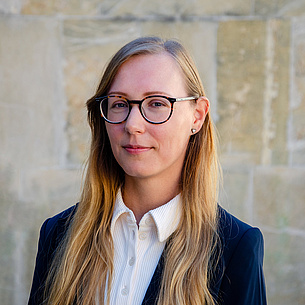Content
- You will learn the basics of working with scientific libraries in Python (Python 2 and Python 3):
- Introduction to Numpy: arrays, arithmetic, indexing
- Linear algebra with Numpy/Scipy (including linear equation systems, matrix operations, sparse matrices)
- Nonlinear problems with Scipy: finding maxima and minima, data fitting
- Optimisation with Scipy and CVXOPT
- Creating graphics with Matplotlib
- Tuning numeric codes: vectorising, Cython and F2PY
- Brief presentation of advanced applications: computer algebra with SageMath, FEM with Salome and Code_Aster
- You will develop realistic and meaningful examples.
- You will learn how to tackle complex problems.
- You will learn to use the possibilities of various features of Python.
Target Groups and Admission Requirements
- Experts from research and development who want to use Python in their work and are looking for an alternative or supplement to MATLAB.

Dates and Deadlines
Next course date: to be announced
Quick Facts
- Duration: 16 hours
- Certificate: Confirmation of participation
- Language of instruction: German or English
- Course fees: € 550 (VAT free) or for Bachelor's and Master's students: € 250 (VAT free)
The course fees include course handouts and refreshments in breaks. - Course location: online or in-house training
- Course times: by agreement
Why you Should Learn Python
- Python is easy to learn and offers high complexity.
- You can create connections to fast C/C++ and Fortran libraries.
- You can produce highly effective codes with little effort.
- Its high flexibility makes Python ideal for rapid prototyping.
- Python and the associated software are free software. This means you will gain a cost-saving alternative to commercial programmes such as MATLAB.
Programme Director
Daniel REITERER
BSc MSc
Stefan H. REITERER
Dipl.-Ing. Dr.

Contact
Sarah Meinhardt
BA
TU Graz Life Long Learning
Tel.: +43 316 873 4945
lifelong.learning@tugraz.at



